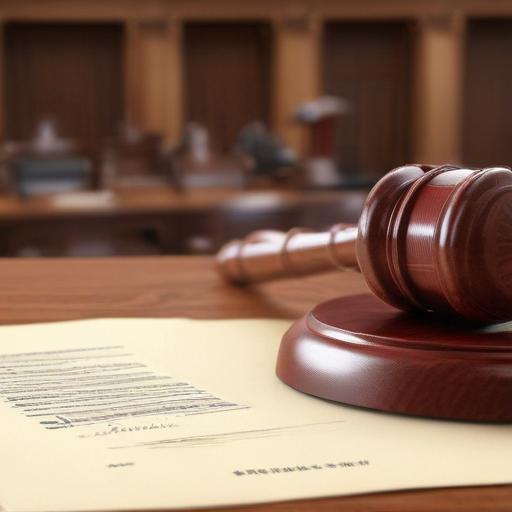Delhi High Court on Monday set aside a Central Information Commission order that directed CBSE to disclose information under the RTI Act about whether Smriti Irani had cleared her Class 10 and 12 examinations in 1991 and 1993. The bench, led by Justice Sachin Dutta, said the CIC’s approach in the impugned order was thoroughly misconceived and stressed that information relating to the degree, marks or results of a specific individual is not automatically public information, in line with the Supreme Court’s ruling in Central Public Information Officer, Supreme Court of India v. Subhash Chandra Agarwal.
The dispute has its roots in controversies over Irani’s degrees, with a petitioner alleging she gave inconsistent information in affidavits filed for elections in 2004, 2011 and 2014. In the 2004 Lok Sabha affidavit, Irani claimed a BA completed in 1996 from DU’s School of Correspondence, now known as the School of Open Learning, whereas in a 2011 Rajya Sabha affidavit from Gujarat, she claimed her highest qualification was BCom Part I. The petitioner contended these discrepancies.
Earlier, the court had also quashed a CIC order that sought to disclose details of Prime Minister Narendra Modi’s bachelor’s degree. Justice Dutta’s judgment, which was reserved on February 27 after hearings on a petition by Delhi University challenging the CIC order, comes in a case that began with an RTI request by a man named Neeraj in December 2016. The CIC had, at that time, allowed inspection of records of all students who passed the BA exam in 1978, the same year Modi completed his graduation. The Delhi High Court had previously stayed the CIC order on January 23, 2017.
During the hearing, Solicitor General Tushar Mehta, representing Delhi University, argued that the CIC order should be cancelled, stating that the university had no objection to showing the records to the court. He noted, “There is a degree from 1978, Bachelor of Arts,” indicating DU’s willingness to produce the records directly to the court.
Why this matters: The ruling reinforces the balance between transparency and privacy in the context of personal educational credentials and public figures. It underscores adherence to Supreme Court precedents that not all personal academic information is automatically public under RTI, even as debates about accountability and public scrutiny of leaders’ qualifications continue.
Summary of potential implications: The decision could narrow the scope of RTI disclosures related to the educational records of individuals, including high-profile politicians, and may influence how future RTI petitions are assessed when they touch on private academic information. It also highlights the ongoing judicial effort to harmonize transparency with privacy protections and established constitutional jurisprudence.
If you’d like, I can add a concise timeline of the case and a sidebox with key Supreme Court precedents cited in this debate for readers. I can also provide a brief explainer on how RTI applications typically interact with privacy rights in India.
